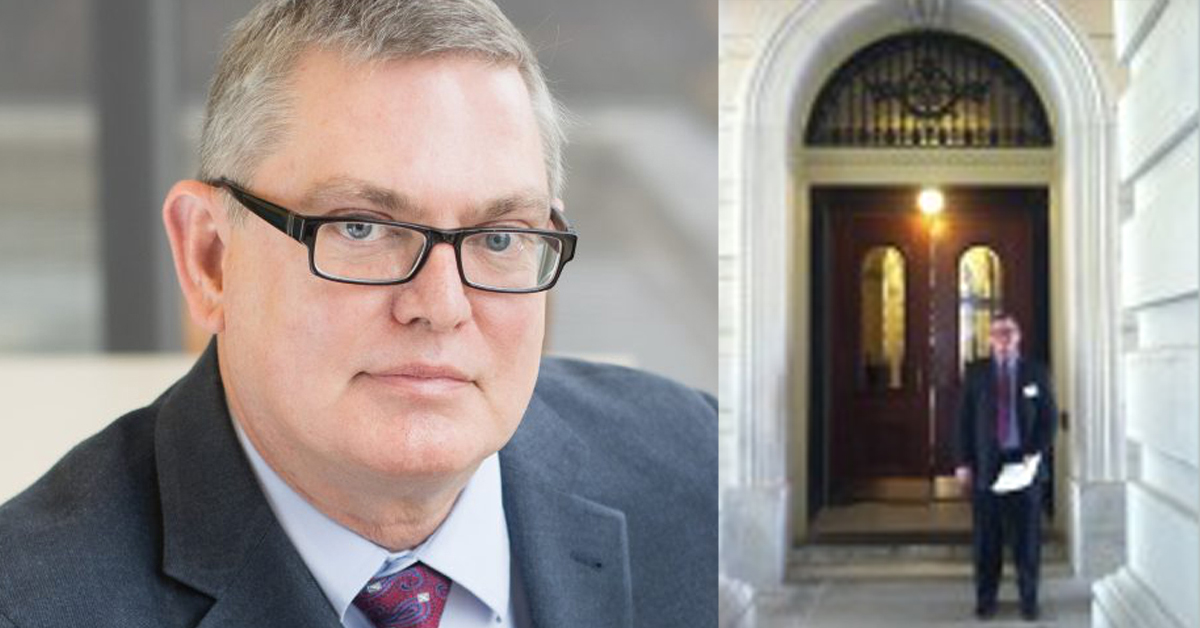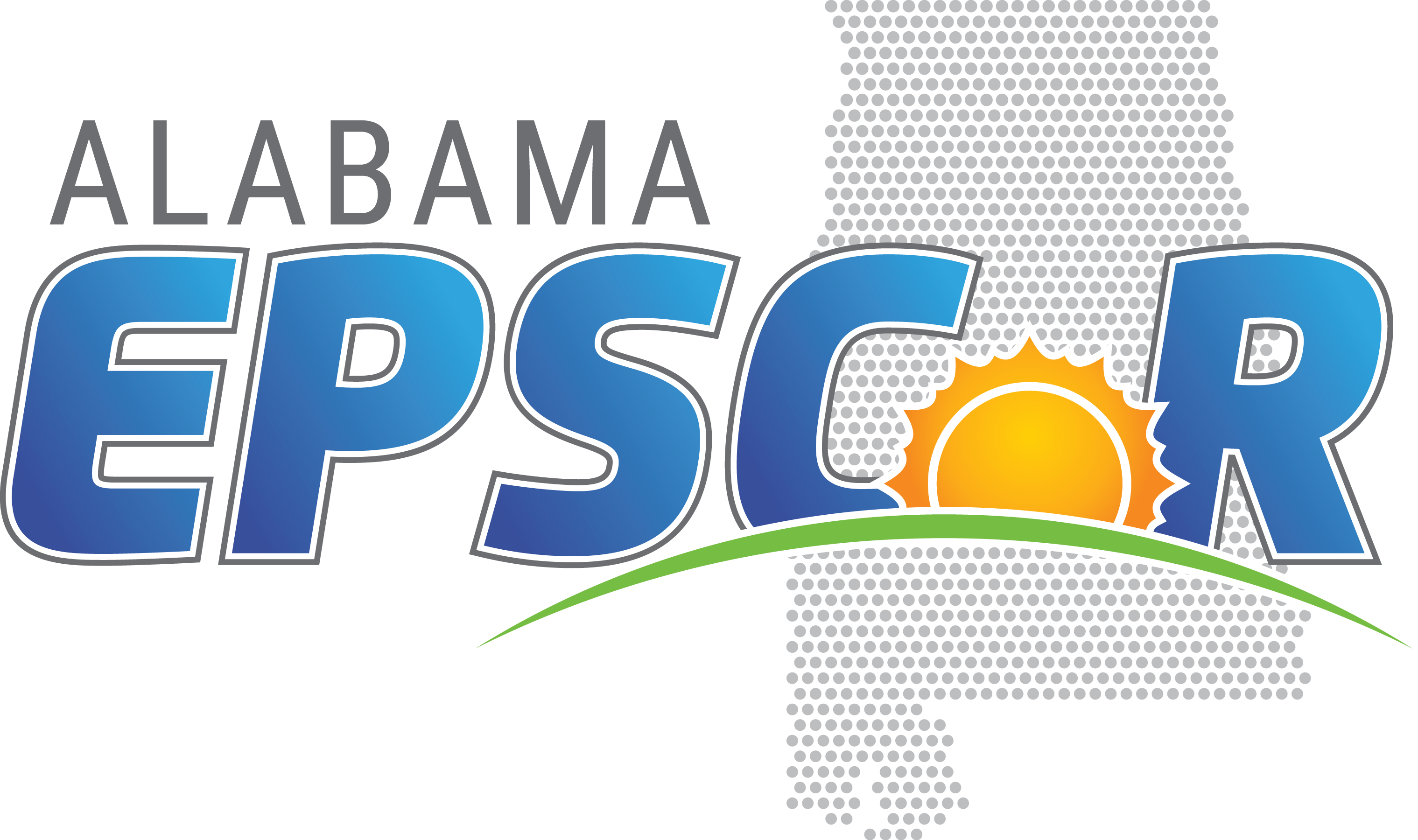Testimony of Christopher M. Lawson, Ph.D.

Executive Director, Alabama EPSCoR
Director of the Graduate Research Scholars Program
Professor, Department of Physics, University of Alabama at Birmingham
Submitted to the House Committee on Appropriations
Subcommittee on Commerce, Justice, Science and Related Agencies
Mr. Chairman and Members of the Subcommittee, my name is Christopher Lawson. I’m a UAB physics professor, and I also serve as Executive Director of Alabama EPSCoR. Thank you for this opportunity to testify about NSF EPSCoR and NASA EPSCoR. For Fiscal Year 2014, we respectfully request $160 million for the NSF EPSCoR budget and $25 million for the NASA EPSCoR budget.
Congress established the EPSCoR program to ensure that research universities in all states participate in Federal science and technology activities. Although EPSCoR states have 20% of the nation’s population, and close to 25% of its doctoral research universities, these states only receive about 10% of the Federal research outlays. EPSCoR provides a mechanism to address these geographical imbalances. The program has been a huge success—investments have generated growth in state economies, attracted students into STEM fields, and created a broader base of high-tech research expertise.
In my home state of Alabama, NSF EPSCoR funding has generated revolutionary advancements in science and engineering that have led to new business growth and high-paying jobs. For example, EPSCoR funded research at UAB has seeded a new type of ultra-sensitive “laser optical nose”, that can “sniff” environmental toxins from spills caused by natural disasters. It also may enable long range laser “sniffing” of explosives such as roadside IED’s, to protect our soldiers. This new technology led directly to the creation of a new multi-million dollar startup company in Alabama.
NSF EPSCoR dollars have introduced more than 2,000 individuals across Alabama to science and technology concepts in the last year alone. In a time when the President and Congress talk about the urgency of getting more of our students engaged in STEM fields, it only makes sense to build on this success by continuing to fund NSF EPSCoR at $160 million.
Like its NSF companion, Congress designed NASA EPSCoR to increase the research capacity of states with little NASA research involvement. The program helps states compete for funding in areas that are directly relevant to NASA’s mission in earth and space science, human spaceflight, and aerospace technology.
For example, NASA EPSCoR research at the University of Alabama on fluid dynamics has the potential to reduce airflow drag by 30%. A 1% reduction in drag can save an airline company $100,000 to $200,000 in fuel per year per aircraft. Thus, this research could ultimately reduce the nation’s dependency on fossil fuels, CO2 emissions into the atmosphere, and costs. Funding the NASA EPSCoR program at last year’s request level of $25 million will help to develop additional new types of NASA related technologies for additional economic growth.
At a time of economic challenges and tight budgets, programs like EPSCoR that seek a broader distribution of research funding make solid fiscal sense. Limiting these resources to only a few states and institutions is self-defeating for our nation in the long run. NSF and NASA EPSCoR help all states to benefit from taxpayer investments in Federal research and development, and they generate long-term growth and a skilled workforce for the future. NSF and NASA EPSCoR stretch limited Federal dollars farther through state matching. Not only do states benefit from increased research capacity and growth, but our nation benefits from the rich and diverse pool of talent that our entire country can provide. In a time that 33 percent of all bachelors degrees in China are in Engineering, compared to 4.5 percent in the U.S., if we are to remain globally competitive, instead of restricting ourselves to only a few states and institutions, we need to be training and harnessing all of our nation’s brainpower, and EPSCoR is working to achieve this goal. Thank you for inviting me to testify today.
